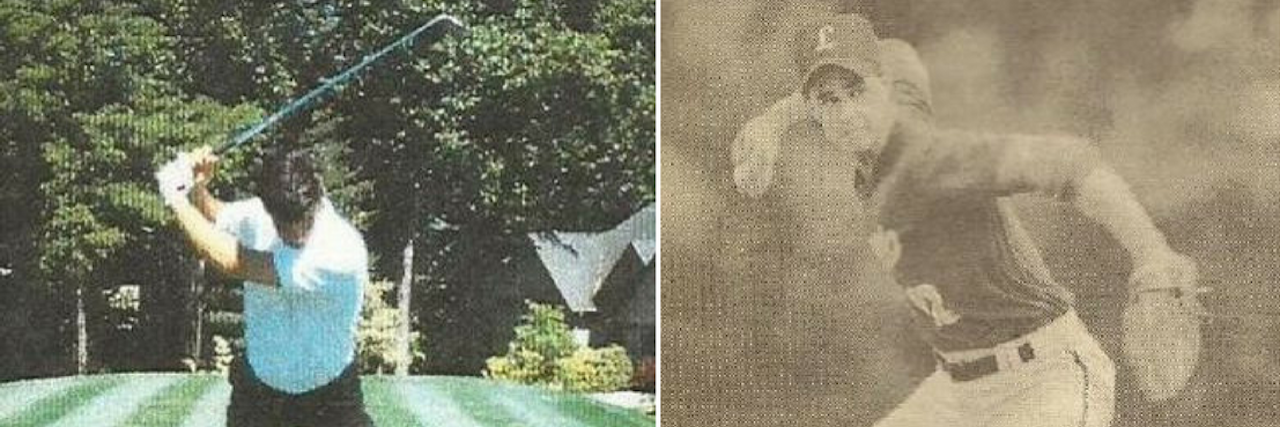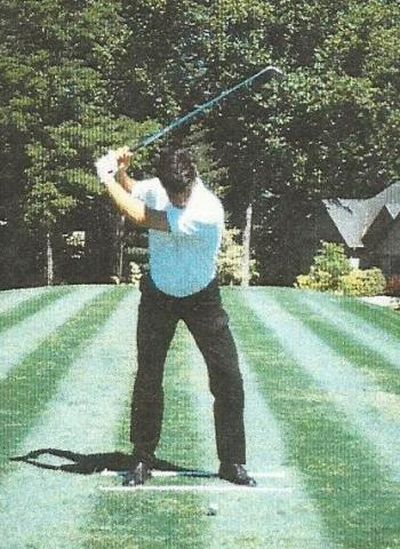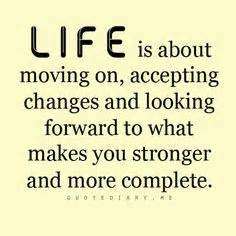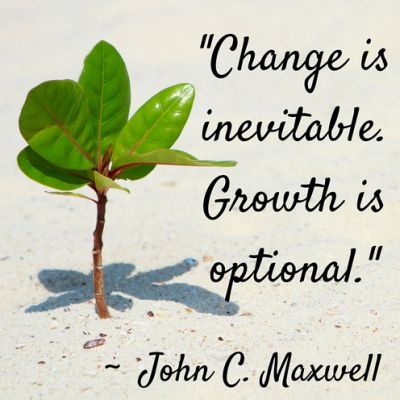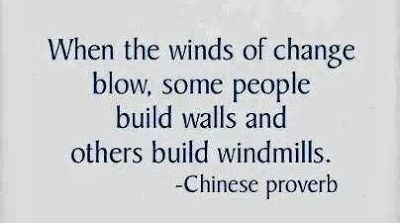In 2001, I developed chronic pain from a neurological movement disorder called dystonia. My life before and after dystonia are as different as night and day. I went from a very active lifestyle to one that was extremely sedentary. It was a total mind bender. For most of my life, I played organized and leisurely sports all year round. My two main sports were golf and baseball. I could easily walk 18 holes several times a week and some days I played 27 holes. I played baseball from a young age all the way through college, practicing or playing games every day of the week. I loved it and could never get enough.
I also never passed up the opportunity to swim, bike, play tennis, racquetball, basketball, soccer or ultimate frisbee, to name just a few of my favorite activities. In the mid 90s, I trained to be a field goal kicker in the NFL. Along with working full-time, I was training twice a day until a hip injury ended that dream. I then studied karate for several years and earned a brown belt. I also traveled and had an active social life. Long story short, I never sat idle for long.
When chronic pain from dystonia prevented me from living my active life, it was a major shock to my psyche. I was not only riddled with pain, I gained a lot of weight from my sedentary, unhealthy lifestyle. I also fell deep into depression and suffered with intense anxiety where it was hard to even leave the house.
For the first seven years I was miserable. I had a lot of negative self-talk about how I could no longer do the things I loved so much. I characterized dystonia as an evil intruder that “ruined my life.” I was deeply frustrated, which caused a lot of anger and bitterness. This made my dystonia worse because negative emotions increase stress which increase muscle tension and pain. I had to shift my way of thinking if I wanted to live a happier and healthier life.
It was hard work, but I eventually came to understand that change is a natural part of life. Just ask any aging person about their former abilities compared to their current abilities. Healthy aging requires accepting change, just as healthy coping with dystonia, chronic pain or any other limiting health condition requires accepting change.
I thought of all the great times I had playing baseball and golf (and other sports), said thank you for all those times, and let them go. I had to say goodbye. I had to release the past so I could live in the present and focus my energy on the new direction my life was heading. I was lucky to have 30 years of enjoyment from those things. I could have been far less fortunate and sick my whole life, unable to do any of it. How can I be anything but grateful when there are so many people who never had the same opportunities?
Over the years I have learned many things to help manage my symptoms (I also lost the weight I gained) but I still have pain, muscle spasms and other symptoms of dystonia. They are just not as severe as they once were. The biggest key for me is that I stopped caring so much that I had something “wrong” with me. This mindset is my biggest ally. It leads to acceptance which reduces stress and keeps my mind and body calmer.
I would like to say that I freely do activities with ease, but that is not always the case. There are days when things are far too uncomfortable. Therefore, I live my life within the boundaries of my abilities and accept that I can’t always do everything I want. If I don’t accept this reality, I will mentally torture myself when I miss out on things. When I am able to do more, I enjoy the heck out of myself!
I have finally learned to not take feeling well, or even “just OK,” for granted. Even more helpful is doing things when I don’t feel my best. That’s living. I used to think I had to feel a certain way to enjoy life. How silly of me. We all need to grieve, but we can’t let it last forever. To be happy, we can’t continue to dwell on what once was. All we have is the present moment so that is where our attention needs to be. When we focus on the abilities we have now, acceptance follows, giving us greater peace of mind and a happier life.

